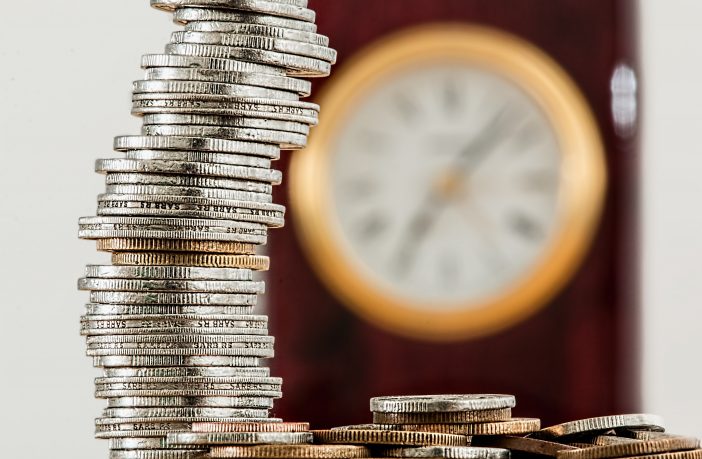- Nigeria has recorded a collection efficiency of 65.5% in 2018.
- The Nigerian Electricity Regulatory Commission (NERC) has pointed out that financial viability is threatening the sustainability of the country’s power industry.
- The liquidity challenge is partly attributed to the non-implementation of cost-reflective tariffs and high technical and commercial losses exacerbated by energy theft.
- The problem is also caused by late payments experienced from governments of neighbouring countries benefitting from the export supply from Nigeria.
The Nigerian Electricity Regulatory Commission (NERC) report released in January, indicated that the total billing to electricity consumers by the 11 electricity distribution companies (DisCos) was N172.9 billion ($478 million) in Q3 of 2018 but only a total collection of N106.7 billion ($296 million) was achieved, representing 65.5% collection efficiency.
The collection efficiency indices indicate that a sum of N3.45 out of every N10 worth of electricity sold during the third quarter remains uncollected as and when due. A good indicator of the severity of the liquidity challenge in the NESI was further reflected in the settlement rate of Nigerian Bulk Electricity Trader’s (NBET), and Market Operator’s (MO), energy invoices issued to DisCos.
During Q3 2018, the 11 DisCos were issued a total invoice of N162.5 billion for energy received from NBET, and for service charge by the MO, but only a sum of N54.1billion (33.3%) was settled by DisCos, creating a significant deficit of N108.4billion in the market.
The DisCos’ collection efficiency and remittance performance in Q3 2018, showed that with the collection efficiency ranges from 45% (Kaduna) to 83% (Ikeja), for instance, remittance performance ranges from 10% (Kaduna) to 43% (Ikeja).
In the period under review, the invoices issued to international customers (CEB/SAKETE and NIGELEC), and the Ajaokuta Steel Company Limited (as special customer) were N12.109 billion and N316 million, respectively. However, only a payment of N1million was received from Ajaokuta Steel Company.
According to the industry regulator, the Nigerian government has continued to engage governments of neighbouring countries benefitting from the export supply to ensure timely payments for the electricity purchased from Nigeria.
NERC noted: “While the low remittance by DisCos to NBET and MO is partly due to tariff shortfall, the DisCos must improve on their technical and commercial efficiencies for improvements on the payment obligation to the market thereby improving sector liquidity. A major initiative towards improving revenue collection in the electricity industry is the provision of meters to all registered end-use consumers of electricity.
“To this end, the Commission continues to monitor DisCos’ process of procuring Meter Asset Providers (MAP) in compliance with the provisions of the MAP Regulations. The MAP Regulations issued by the Commission in March 2018, aims at fast-tracking the roll-out of end- use meters through the engagement of third-party investors for the financing, procurement, supply, installation and maintenance of electricity meters.”
The Commission said it is also finalising a framework that would ensure a fair and equitable distribution of market revenues as a further initiative towards addressing the fragile financial standing of the electricity market.
Author: GBA News Desk/ESI-Africa Contributor
This article was originally published on ESI Africa and is republished with permission with minor editorial changes.















